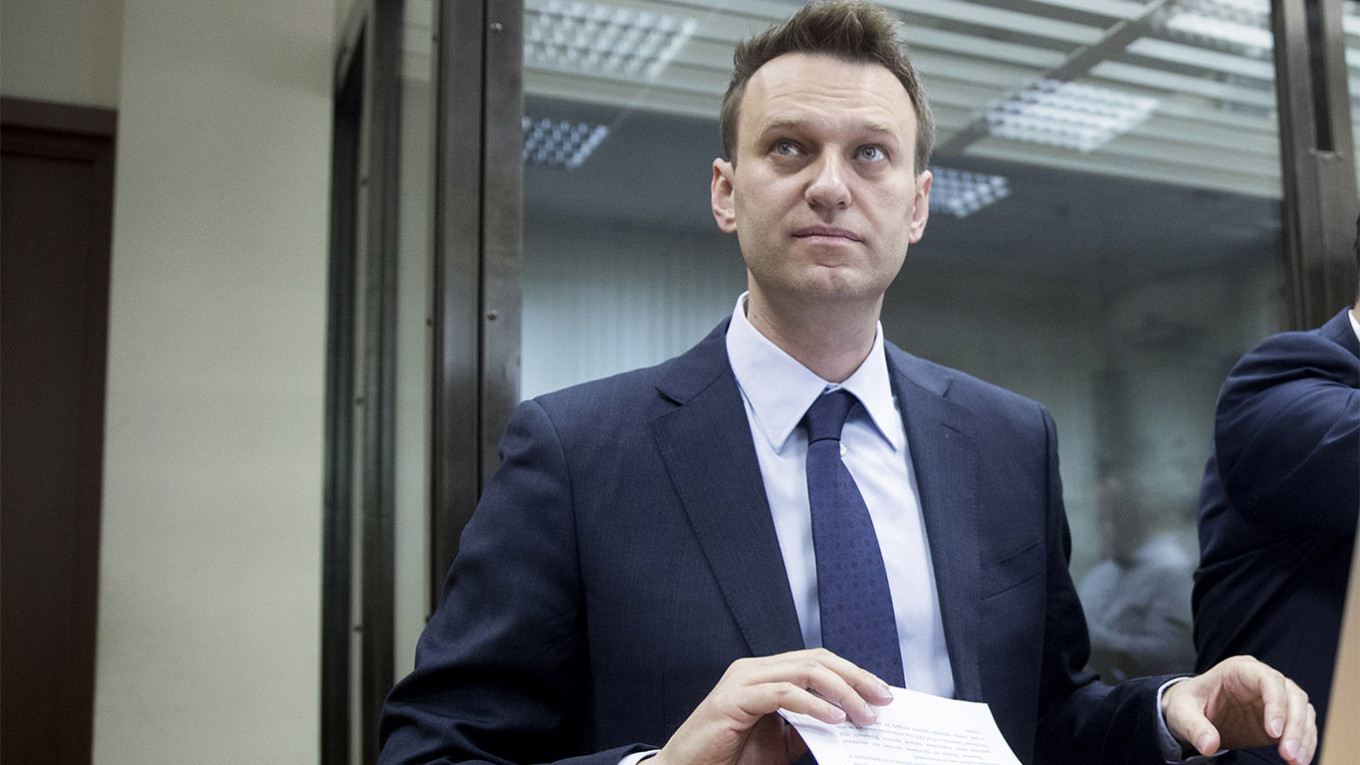
Kremlin critic Alexei Navalny was likely poisoned before he headed to an airport in Siberia and fell violently ill on a flight last month, not at the airport itself, independent news outlets and his team reported Thursday.
Germany, where the Russian opposition leader is now being treated, said it has solid evidence that Navalny, 44, was poisoned on Aug. 20 by a nerve agent from the Novichok family. German military medics reportedly found traces of Novichok on the neck of a water bottle that Navalny’s family turned over to his doctors in Berlin.
Navalny’s team recovered the courtesy water bottles from his hotel room in the city of Tomsk shortly after they learned of his poisoning, the Proekt investigative news website reported.
“Navalny arrived at the airport from the hotel already poisoned,” Proekt wrote.
A video posted on Navalny’s Instagram immediately after Proekt’s report showed members of his team placing three water bottles from his hotel room into plastic bags an hour after he had fallen ill.
“Since we were absolutely clear that Navalny didn’t have a ‘mild illness’… we decided to collect everything that could be useful at least hypothetically and give it to doctors in Germany,” the post said.
Navalny’s spokeswoman Kira Yarmysh, who had accompanied him on the flight, previously said she believed that he was poisoned via a cup of tea he drank at a Tomsk airport cafe.
The Xander hotel in Tomsk 3,500 kilometers east of Moscow did not comment on the reports, according to the state-run RIA Novosti news agency.
Proekt said it learned from a source close to hotel management that security officers had seized surveillance cameras and servers from the hotel. It said the materials could play a “key role” in the investigation into Navalny’s poisoning, which Russian authorities have not yet initiated.
Russia maintains that President Vladimir Putin’s fierce critic was not poisoned but either had a metabolic disease or low blood sugar.
Russia has responded to Germany’s demands for answers with a series of questions of its own, including about the discrepancy between Russian and German medics’ findings and how his water bottle was brought to Berlin.
